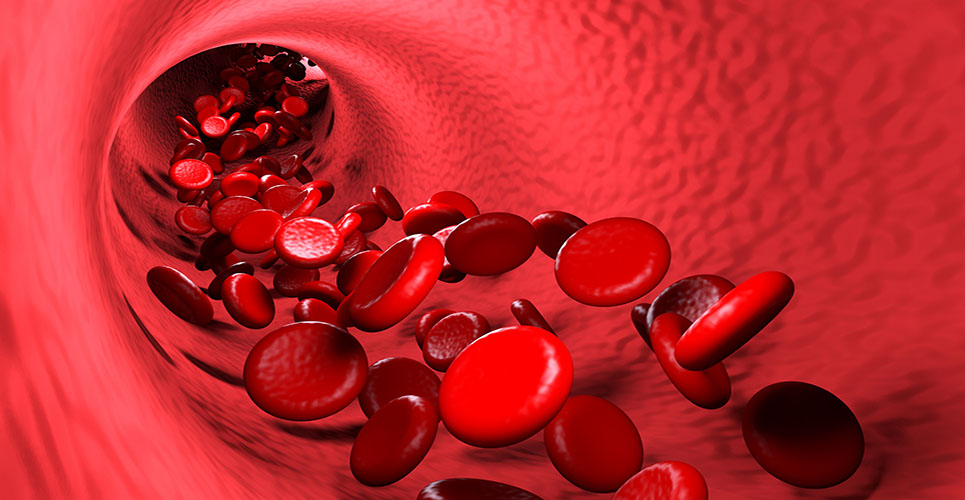NHS patients in England and Wales with chronic lymphocytic leukaemia (CLL) could soon benefit from Gazyvaro, which has today been given the provisional green light by the National Institute for Health and Care Excellence (NICE).
NHS patients in England and Wales with chronic lymphocytic leukaemia (CLL) could soon benefit from Gazyvaro, which has today been given the provisional green light by the National Institute for Health and Care Excellence (NICE).
Gazyvaro has received a draft recommendation for use in combination with chlorambucil chemotherapy for the treatment of previously untreated adult patients with CLL and co-existing medical conditions who are unsuitable for full dose fludarabine-based therapy, and only if bendamustine-based therapy is also not suitable. This reversal follows only 2 months on from NICE’s initial rejection of the drug.
Professor John Gribben, Professor of Medical Oncology at Barts Cancer Institute, London said: “The decision by NICE to recommend Gazyvaro will give clinicians an important new treatment to help the way we treat this common form of blood cancer. Many CLL patients often suffer with other medical conditions, such as diabetes and heart disease, meaning they are unfit to receive aggressive treatments and can experience poor outcomes as a result. Gazyvaro is able to offer patients a tolerable treatment option that can extend survival and provide significantly longer remission times, compared with the current standard; its upcoming availability on the NHS in England and Wales will be welcome news to all those involved.”
Data from the main trial of the drug (CLL11), which involved 11 UK centres, showed that Gazyvaro, combined with chemotherapy, reduced the risk of death by 59% (HR 0.41 95% CI 0.23–0.74, p=0.002) and meant that patients remained in remission more than 15 months longer than those receiving chemotherapy alone (median progression free survival (PFS) 26.7 months versus 11.1 months, HR 0.18, CI 0.13-0.24, p<0.001). In addition, more than 1 in 5 (22.3%) patients receiving Gazyvaro was in complete remission after treatment. In contrast, no patients achieved complete remission when receiving the current standard, chemotherapy alone.
Jayson Dallas, General Manager, Roche UK, said: “We are very pleased that NICE has reversed its initial decision on Gazyvaro which has shown, in trials, to provide a significant survival advantage over the standard therapy available to patients with this devastating disease. The priority now is to ensure the translation of this positive draft decision into concrete final guidance to ensure that patients are able to access the drug on the NHS as soon as possible.”
Gazyvaro is the first ‘type II’ anti-CD20 monoclonal antibody licensed for the treatment of CLL designed to attack blood cancers more aggressively than ‘type I’ treatments such as MabThera® (rituximab). Gazyvaro has the ability to kill cancer cells directly by seeking them out and attaching to them. In addition, Gazyvaro is able to alert the body’s immune system to ‘enemy’ cancer cells, allowing immune cells to attack and destroy the cells more effectively (antibody-dependent cellular cytotoxicity) than other treatments such as MabThera.
Gazyvaro has been shown to have a manageable tolerability profile when used in combination with chemotherapy. The most common adverse events associated with Gazyvaro in the CLL11 study were infusion-related reactions (IRRs). 21% of patients experienced a severe IRR, however no severe IRRs were observed after the first full dose of treatment. Other severe adverse events reported were neutropenia (35%), low platelet count (thrombocytopenia) (11%), infections (11%), anaemia (5%), leukopenia (5%).
A decision from the Scottish Medicines Consortium (SMC) on access to Gazyvaro on the NHS in Scotland is expected on Monday 08 December, 2014.

